In the first part of the book, the authors present a general theory of ecological history which attempts a paradigm shift from Weberian and Marxian theories of human society. Here they ask under what conditions humans exercise prudence in their use of natural resources; they examine infrastructures, property systems, political ideologies, religions, social idioms and the belief structures that characterize human interactions with resource bases; they analyse the varieties of social conflict that appear over the exploitation of natural resources; and, finally, they explore the impact of changing patterns of resource use upon human societies.
In the second part the authors provide a fresh interpretive history of pre-modern India. They also provide, in this section, an ecological interpretation of the caste system which adds a significant dimension to existing ideas on caste.
In the third part the authors draw on a huge wealth of source material to offer a socioecological analysis of the modes of resources use which were introduced by the British, and which continued, with modifications, after Independence in 1947.
ABOUT THE AUTHOR Madhav Gadgil
For over three decades, Madhav Gadgil has been a crusading scientist with a broad range of interests, from conservation biology and ecological history to human ecology. He is also one of the few scientists in India to have successfully demystified science, making it accessible to non-specialists.
ABOUT THE AUTHOR Ramachandra Guha
Ramachandra Guha is a historian and columnist based in Bangalore. He has taught at the universities of Yale, Stanford, and Oslo, and at the Indian Institute of Science. His books include a pioneering environmental history, The Unquiet Woods (University of California Press, 1989), and an award-winning social history of cricket, A Corner of a Foreign Field (Picador, 2002). India after Gandhi (Macmillan/Ecco Press, 2007) was chosen as a book of the year by the Economist, the Washington Post, the Wall Street Journal, the San Francisco Chronicle, Time Out and Outlook; and as a book of the decade in the Times of India, the Times of London, and The Hindu. Guha's books and essays have been translated into more than twenty languages. The New York Times has referred to him as "perhaps the best among India's non fiction writers"; Time Magazine has called him "Indian democracy's preeminent chronicler".Ramachandra Guha's awards include the Leopold-Hidy Prize of the American Society of Environmental History, the Daily Telegraph/Cricket Society prize, the Malcolm Adiseshiah Award for excellence in social science research, the Ramnath Goenka Prize for excellence in journalism, and the R. K. Narayan Prize. In 2008 Prospect and Foreign Policy magazines nominated Guha as one of the world's hundred most influential intellectuals. In 2009 he was awarded the Padma Bhushan.

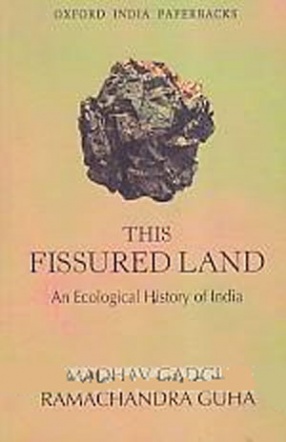
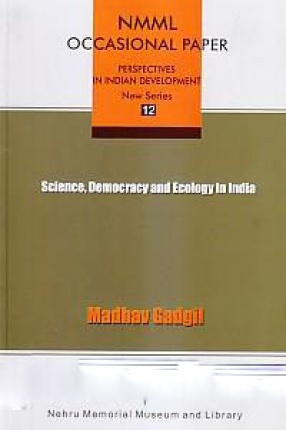
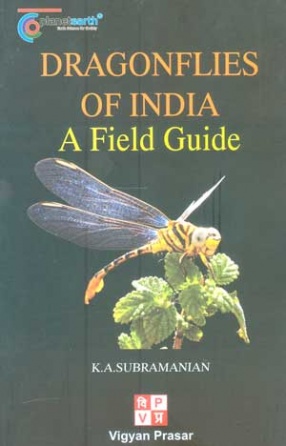
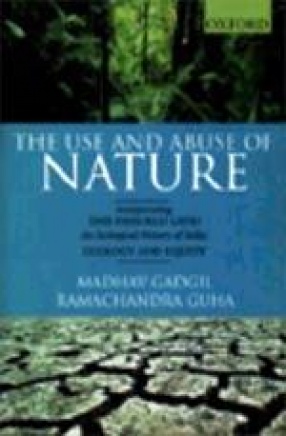
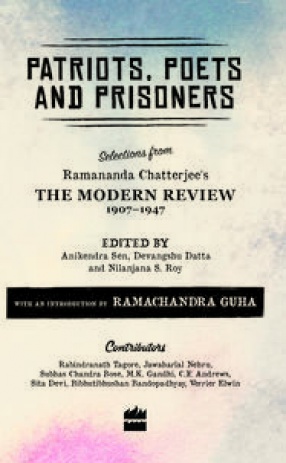
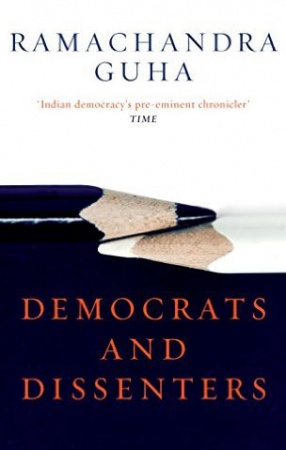
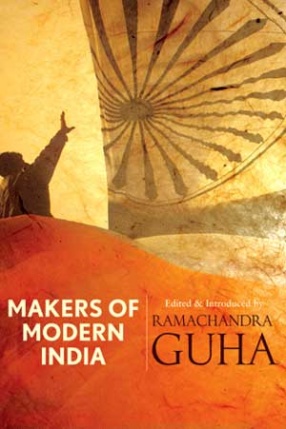
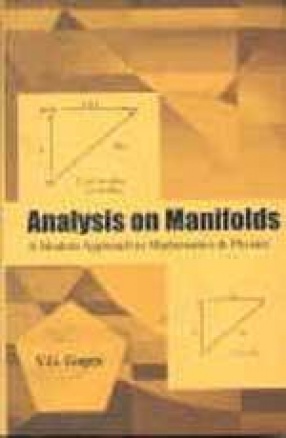
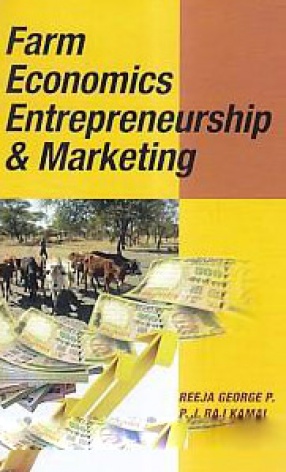
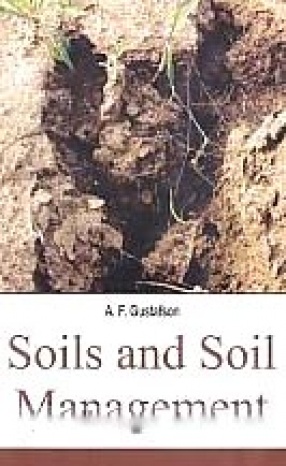
There are no reviews yet.